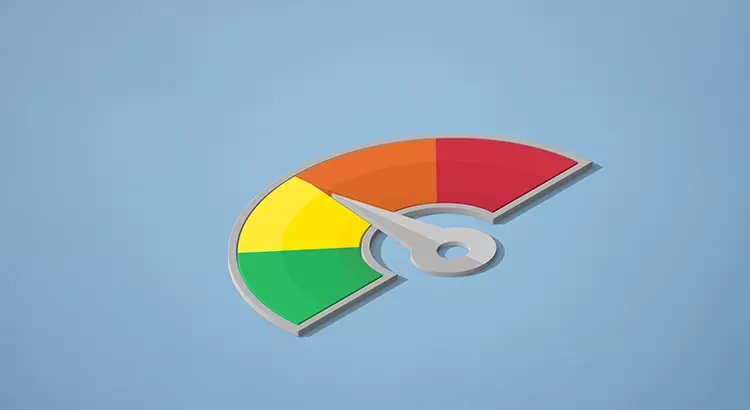Your Credit Score Is More Than Just A Number

Considering buying a house? Well, one thing you should be aware of is how your credit score is a huge part of the home loan equation. Lenders scrutinize your credit to see if you're the type who can handle timely payments, pay off debts, and more. Plus, your credit score is a significant player in determining your mortgage rate. An article from Bankrate explains this well:
"Your credit score is one of the most important factors lenders consider when you apply for a mortgage. Not just to qualify for the loan itself, but for the conditions: Typically, the higher your score, the lower the interest rates and better terms you’ll qualify for."
What this implies is that your credit score could be pivotal to your home buying plans, particularly since mortgage rates significantly influence affordability. The Federal Reserve Bank of New York reveals that the median credit score in the U.S. for mortgage takers is 765. But hey, perfection is not a necessity. Business Insider sheds light on this:
". . . you don't need a perfect credit score to buy a house. . . . Aiming to get your credit score in the ‘Good’ range (670 to 739) would be a great start towards qualifying for a mortgage. But if you're wanting to qualify for the lowest rates, try to get your score within the ‘Very Good’ range (740 to 799)."
Teaming up with a trusted lender is your best bet to understand how your credit score might influence your home loan and the mortgage rate you can snag. As FICO puts it:
"While many lenders use credit scores like FICO Scores to help them make lending decisions, each lender has its own strategy, including the level of risk it finds acceptable. There is no single 'cutoff score' used by all lenders and there are many additional factors that lenders may use to determine your actual interest rates."
If you're all about improving your score, Experian suggests a few things to keep an eye on:
Your Payment History: Late payments can drag your score down. Try to pay on time and clear any outstanding late charges.
Your Debt Amount (relative to your credit limits): The less credit you're using, the better it is. Keep this number as low as you can.
Credit Applications: If you're in the market to buy, don’t apply for other credit. New credit applications could lead to a hard inquiry on your credit that might drop your score.
Once you're ready to kickstart the home buying process, a lender can help figure out where your score fits in and give you the lowdown on the specifics of each loan type.
To wrap things up, navigating through today's affordability challenges means prioritizing ways to boost your credit score which could land you a better mortgage rate. Keen to learn more? Let's touch base.
Categories
- All Blogs (134)
- Baby Boomers (3)
- Buying Myths (27)
- Demographics (8)
- Distressed Properties (3)
- Down Payments (4)
- Efficient Homes (1)
- First Time Home Buyers (44)
- For Buyers (85)
- For Sellers (73)
- Foreclosures (8)
- FSBO (3)
- Home Equity (4)
- Home Ownership Programs (1)
- Housing Market Update (73)
- Infographics (22)
- Interest Rates (23)
- Investing (1)
- Market Trends (1)
- Millennials (4)
- Move-Up Buyers (36)
- New Construction (3)
- Pricing (32)
- Real Estate Crash (15)
- Rent vs. Buy (8)
- Retirement (1)
- Selling Myths (31)
Recent Posts











